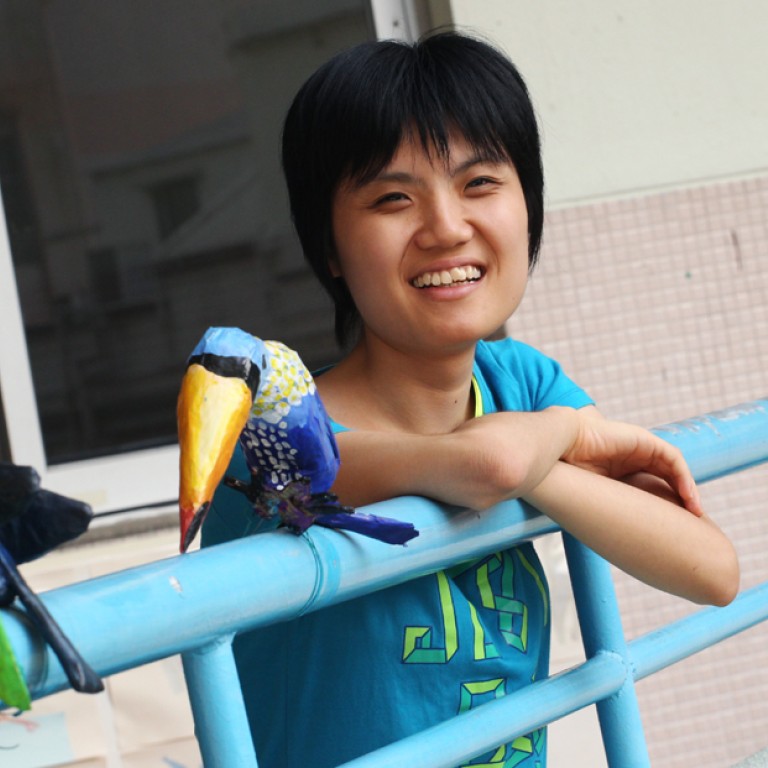
Increasing diversity of students with disabilities a challenge for Hong Kong
Louisa Mitchell says universities in Hong Kong need to develop a more flexible structure for the increasing diversity of students with disabilities
Today, on International Day of Persons with Disabilities, we should consider the stories from this year about exceptional students with disabilities who have attained places at Hong Kong's leading universities. One example is Tsang Tsz-Kwan, a blind and deaf student at the Chinese University of Hong Kong who reads Braille with her lips.
While her situation is extreme, she is not alone. The number of students with disabilities at Hong Kong's universities is growing steadily. Research conducted for non-governmental organisations Civic Exchange and Community Business in 2011 and 2012 found 257 students with disabilities registered at the eight publicly funded universities. That has since increased to almost 400.
Although the proportion of such students is still low here, at about 0.4 per cent of all students (compared to around 7 per cent in Britain and 5 per cent in Australia), it still equates to a compound annual growth rate of 11 per cent over for the past five years. This trend looks likely to continue as students become increasingly open about declaring their disabilities, as in other developed places. Five years ago, 32 students registered their disability up-front with the Joint University Programmes Admissions System; this year, 122 did so.
There has also been a change in the proportion of disability categories. In 2011/12, around 70 per cent of students with disabilities were classified as physically handicapped, visually or hearing impaired. This year, it was 55 per cent. The proportion of students categorised as having a non-physical disability, such as those with special learning difficulties, attention deficit disorder and mental illness, has increased.
Have support services in Hong Kong kept pace with this growing diversity? Some universities are taking specific steps, such as the Hong Kong Institute of Education's recently reported HK$100,000 expenditure on equipment and a sign-language interpreter for two deaf students. NGOs are filling gaps, particularly with regard to employment. It takes determination and optimism, as well as intellect, to make it through university with a disability and this group of individuals forms a high-quality talent pool.
Equal Opportunities Commission chairperson Dr York Chow Yat-ngok has met some university vice-chancellors to discuss support services and some have committed to take appropriate measures. The Education Bureau has injected more funds into scholarships available for tertiary students with special education needs.
But the pace of change needs to accelerate to keep up with the growing number of students with disabilities. Instead of reactive, piecemeal solutions, there needs to be an overarching commitment to develop a flexible tertiary education system to support an increasingly diverse student population on a long-term basis.
Joyce Pun Chung-sze, one of the deaf students being supported by HKIEd, was reported to have said about her study experience in Washington: "My life in the US was delightful … The school arranged everything for me. I was respected by everyone." That's what Hong Kong should be aiming for.
